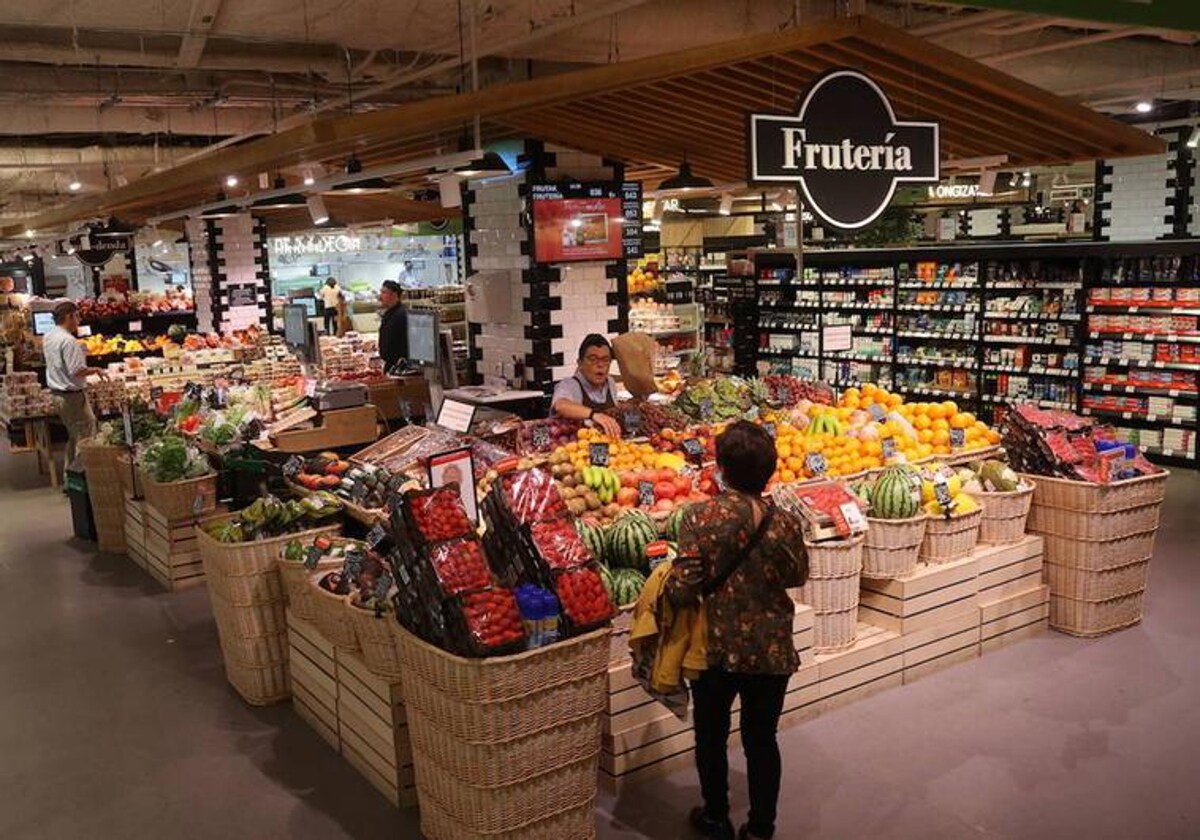Food prices likely to remain high for rest of the year Spanish manufacturers and distributors warn
Inflation is causing people in Spain to change the way they shop for groceries, with many now opting for basic and white label products, according to a new report
Edurne Martínez
Madrid
Miércoles, 10 de mayo 2023, 16:03
Food prices in Spain will remain very high throughout the remainder of the year, experts have warned.
Around 60% of companies in the sector have predicted inflation will continue throughout 2023, although there could be smaller price increases when compared with the first part of last year when food inflation was not as high, according to the national employers' association of manufacturers and distributors (Aecoc).
"Until April last year, food prices were well below headline inflation. From April and May onwards, when comparing with higher inflation, there may be a drop in inflation as a statistical effect," Aecoc director, Josep María Bonmatí, told journalists before the start of the 28th Commercial Strategy and Marketing Congress.
The report on the evaluation of large-scale consumer goods produced by Aecoc and Nielsen IQ showed that for the first time in history, large-scale distribution exceeded 100 billion euros in value, having grown by 9% last year.
The latest figures also show that in April, large-scale consumption increased by 11.3% compared to the same month last year. "Costs are higher and prices have had to rise," said Rosario Pedrosa, head of marketing at Aecoc.
But the data also provided a sign of hope, whereby in January, February and March prices increased by 14%, in April they fell to 9.5%. This figure refers to the price that consumers pay in their shopping baskets once they have changed some of their purchasing habits, such as buying more white labels or switching more expensive proteins such as fish and meat for more affordable ones such as eggs, according to the association.
"Households are trying to contain their spending and this is translating into more changes to search for better prices, shopping with smaller baskets and a greater frequency of purchases, which is favouring local shop formats", explained Patricia Daimiel, NIQ's director for Southern Europe.
A public supermarket "would contribute nothing"
Podemos' plan to create a public supermarket to lower food prices was dismissed by the director of the Aecoc employers' association, who argued that "it would not contribute anything" to the Spanish market.
"We have strong competition in terms of both the number of operators and commercial formats and the consumer has an enormous capacity for choice", Bonmatí said.
Distribution is working with "very low margins" and it would be "very difficult" for such a proposal to provide value in a sector that is struggling to ensure products are reaching the consumer in the most affordable way possible, he added.
